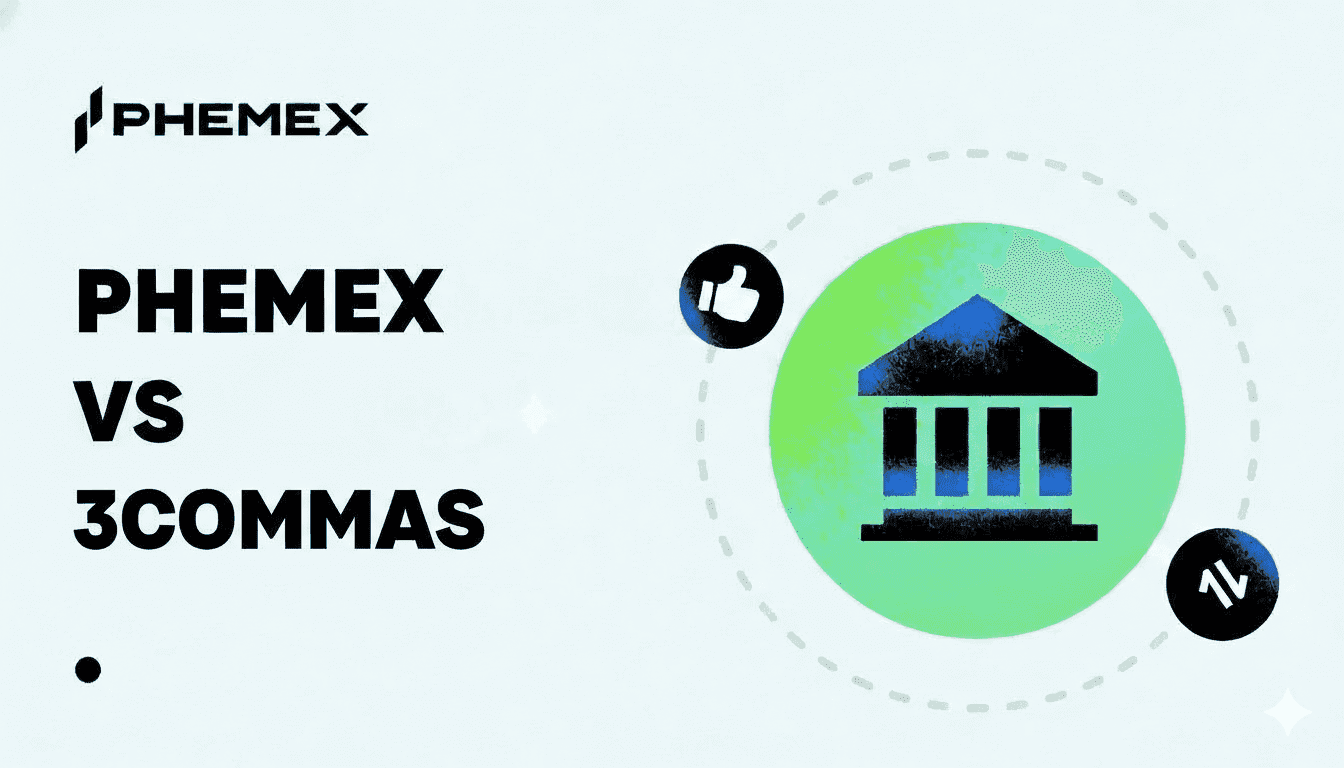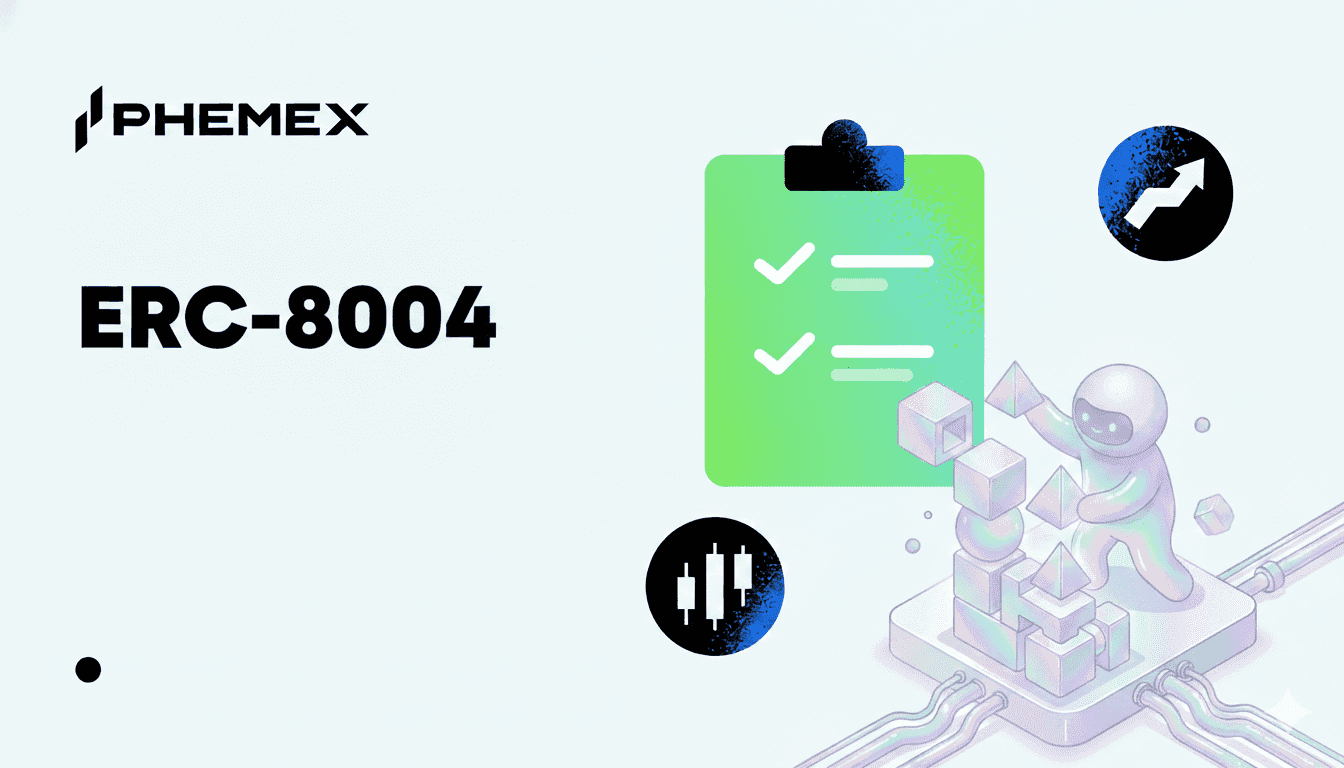The narrative surrounding cryptocurrency transactions in that they are entirely anonymous is only partly true. In fact, bitcoin addresses (to a certain extent) are traceable and can be linked to real identities. Therefore, under various circumstances, investors risk having their data revealed and their account transaction logs traced back to them. Bitcoin mixers (Bitcoin tumbler) seek to help solve this issue by providing complete anonymity and preserving user privacy.

What Is A Bitcoin Mixer?
Bitcoin mixer, or “Bitcoin Tumblers,” are services that allow users to mix their coins with other users in order to maintain their privacy. Since Bitcoin and most other cryptocurrencies are easily traceable, a Bitcoin mixer protects the identity of users by obscuring the ties between their bitcoin addresses and real-world identities, making it more anonymous and private. In addition, user logs are deleted automatically and permanently within 24 hours of successful mixing.
Centralized & Decentralized Bitcoin Mixers
There are two categories of mixers: centralized mixers and decentralized mixers. The primary difference between the two is that centralized mixers have access to the user’s log and IP address, which does not guarantee complete data privacy. However, decentralized mixers sever any ties between the bitcoin address and real-life identity, providing a better level of privacy.
How Does A Bitcoin Mixer Work?

Source: TarushTech-Medium
The algorithm on which the mixers are based follows a simple process where users can send their cryptocurrencies to a mixer’s address that is registered for each user. The algorithm mixes the coins with other people’s transactions and distributes the coins across multiple wallets belonging to a mixer. Towards the end of the process, crypto is returned to the pre-set storage, which is either to the sender or to the new owner.
The process of distributing cryptocurrencies among various wallets makes preserving privacy more efficient by breaking the transaction trail. This is because the senders and receivers cannot be linked. Therefore, all electronic traces are severed.
Best Crypto and Bitcoin Mixers |
| Blender.io |
| Wasabi Wallet |
| Samourai Wallet |
| Smart Mix |
| Mixer Money |
| PrivCoin |
| Bitcoin Laundry |
| BTC Blender |
What Are The Different Mixing Methods & Services?
Mixing methods range from fully centralized solutions (where all users trust a mixer), to solutions where users do not need to trust anyone, and lastly, to Bitcoin tumblers such as CoinJoin.
Centralized mixers own a significant supply of coins that are mixed with their user’s coins, thus creating a common pool. However, since the Bitcoin mixer knows which senders and receivers are involved in the transaction, it can re-establish the ownership trail. On the other hand, the CoinJoin process depends on a large group of users to self-cooperate and act simultaneously.
Moreover, there are also privacy coins such as Monero and Zcash which act as an intermediary step in the process of bitcoin mixing.
How Does Bitcoin Mixing Operate?
Similar to an exchange platform, users need to input the address to which they would like the “clean” mixed bitcoins to be sent. After setting the service fee, which determines the transaction speed, users can continue the mixing process. Mixer owners charge a transaction fee for the services ranging between 0.5% to 3%. The newly created address, to which users want to use to transact, is valid for only 24 hours. After that, it will no longer be able to be processed.
Pros & Cons Of Bitcoin & Crypto Mixers
Pros of Coin Mixing:
- Bitcoin mixers offer complete anonymity by breaking the link between the user’s transaction log and their identities, thereby reducing the risks exposed by organizations or owners of large amounts of crypto.
- It prevents any government organization or third party from tracking user’s funds, including the amount they hold or use.
- Guarantees complete privacy and anonymity to users of any cryptocurrencies, especially Bitcoin.
Cons of Coin Mixing
- Since coin mixers use patterns to mix the cryptocurrencies, the pattern can be discovered, operations can be analyzed, and transactions can be traced. The transactions can get flagged and halted without reason by centralized exchanges.
- Coin mixers have been used for illegal activities such as money laundering because it is easier for criminals to stay anonymous since it is almost impossible for anyone to detect the destination address.
- Third parties run coin mixers, and users can be victims of theft or scams since there is no recourse if the mixer owner does not return cleaned coins.
Conclusion
Even though Bitcoin Mixers have its uses for certain purposes, they are mostly frowned upon by cryptocurrency exchanges because they make it difficult for them to track the origin of funds. Thus, crypto exchanges could be accused indirectly of contributing to money laundering and other illicit activities.











